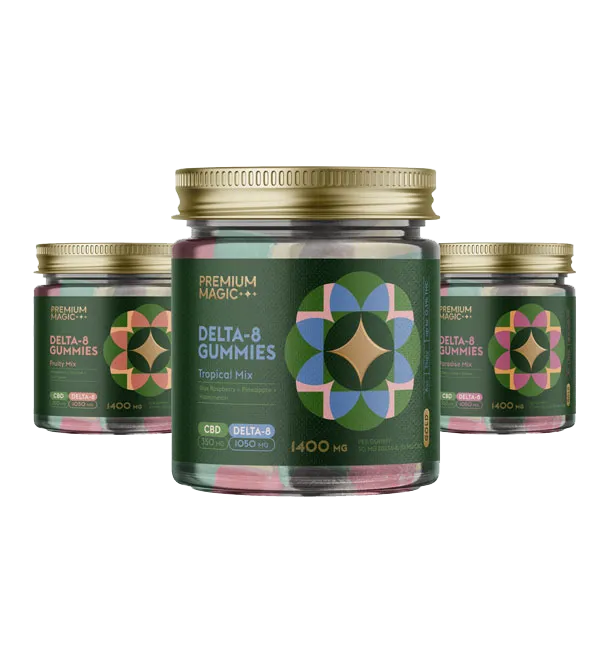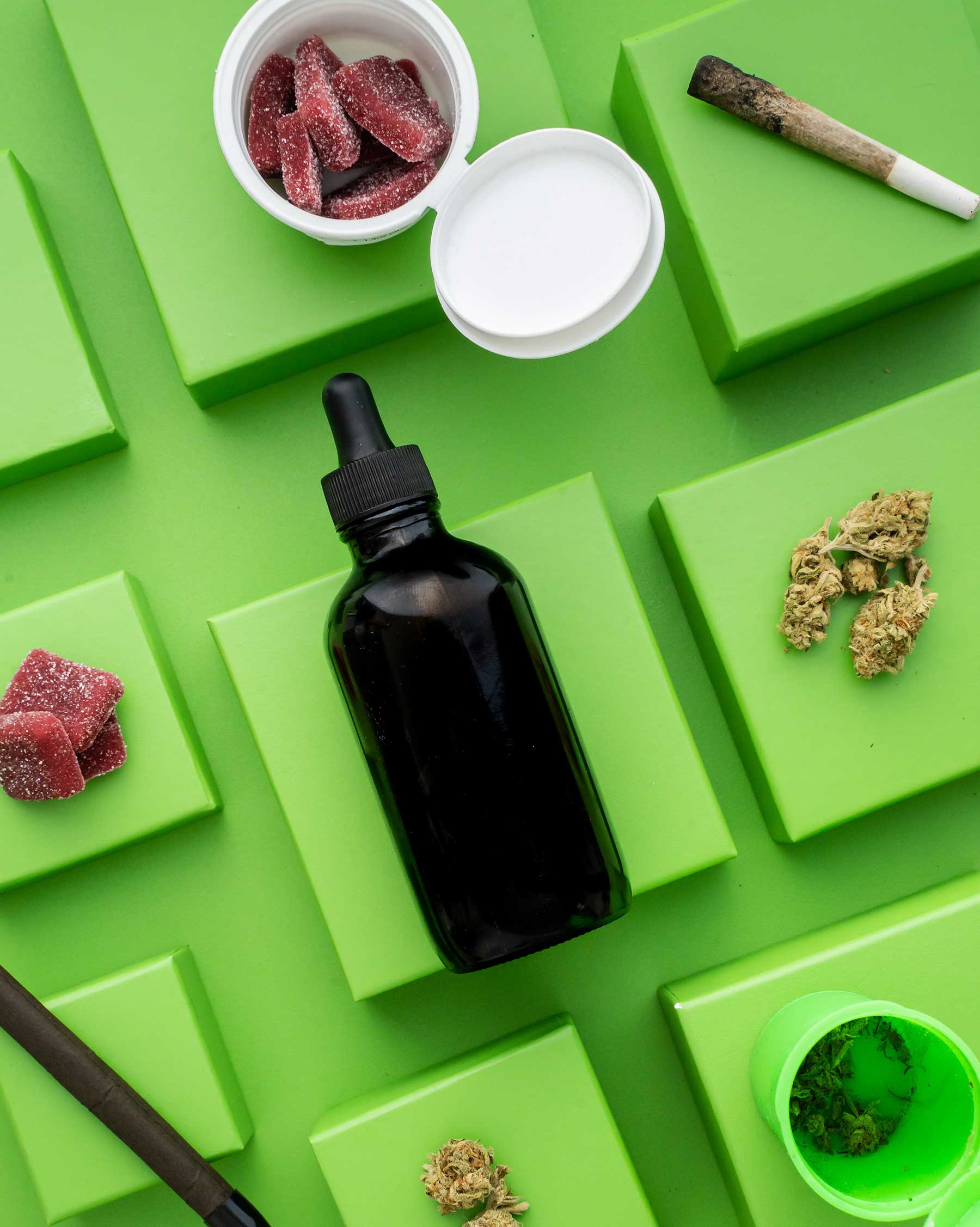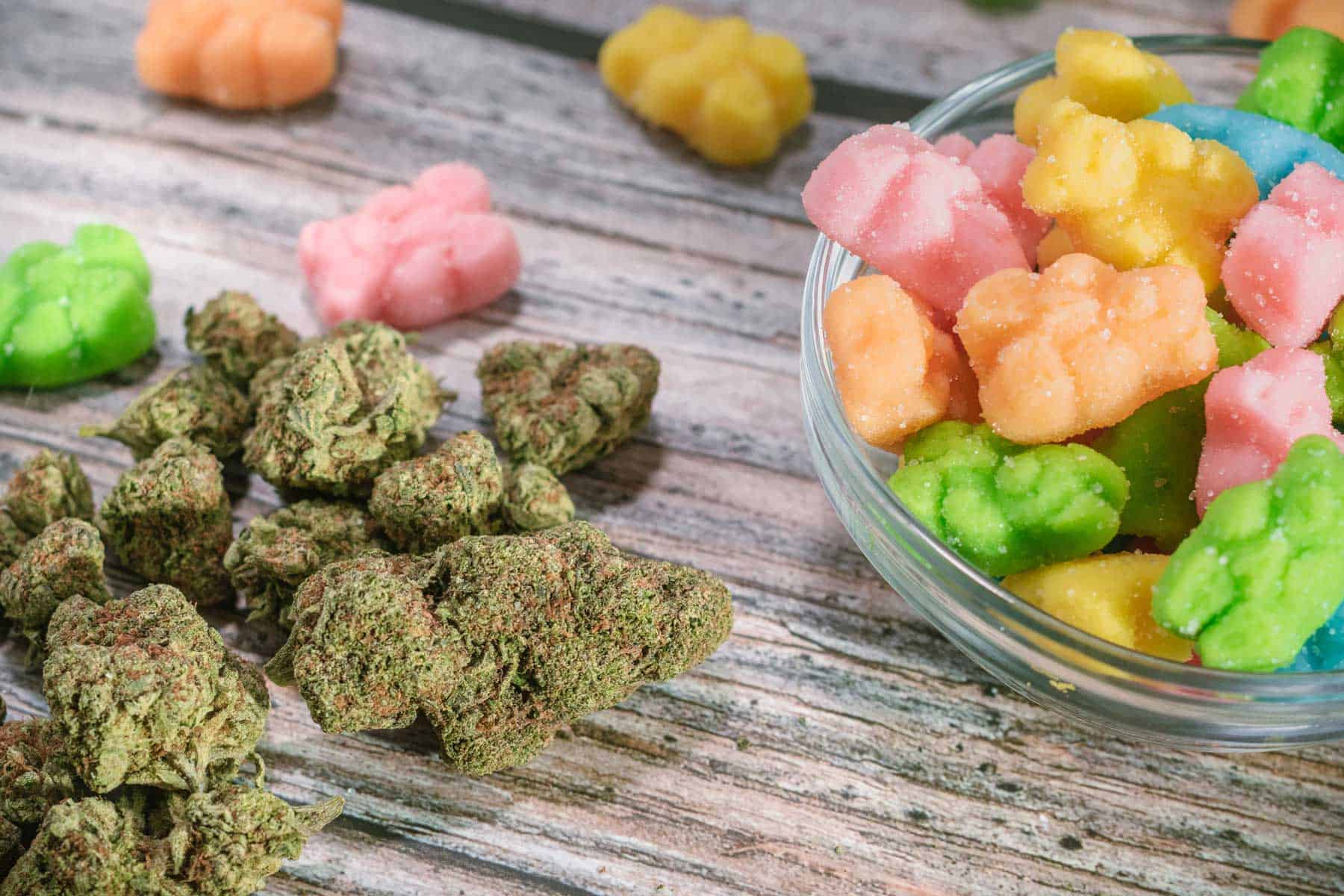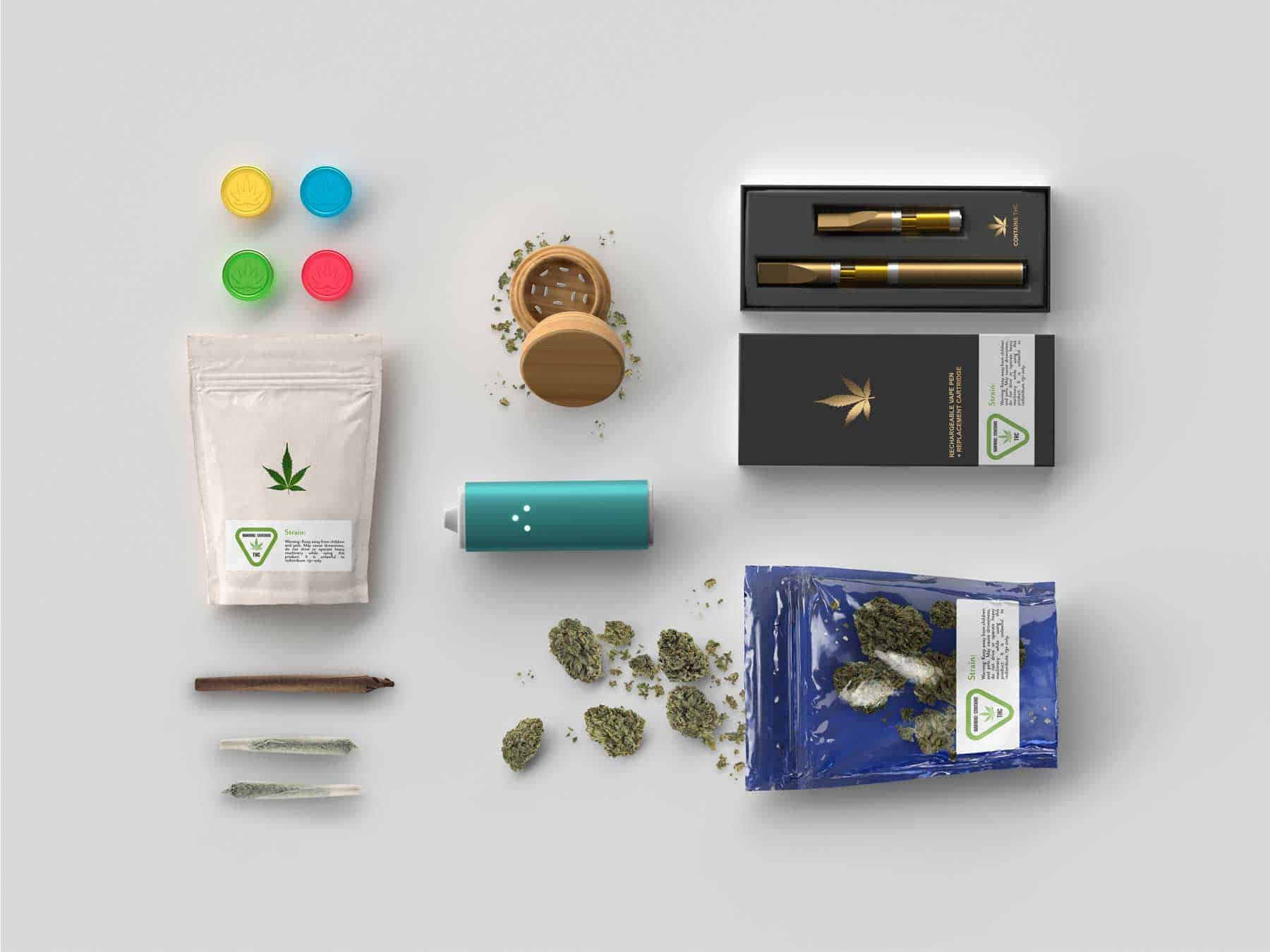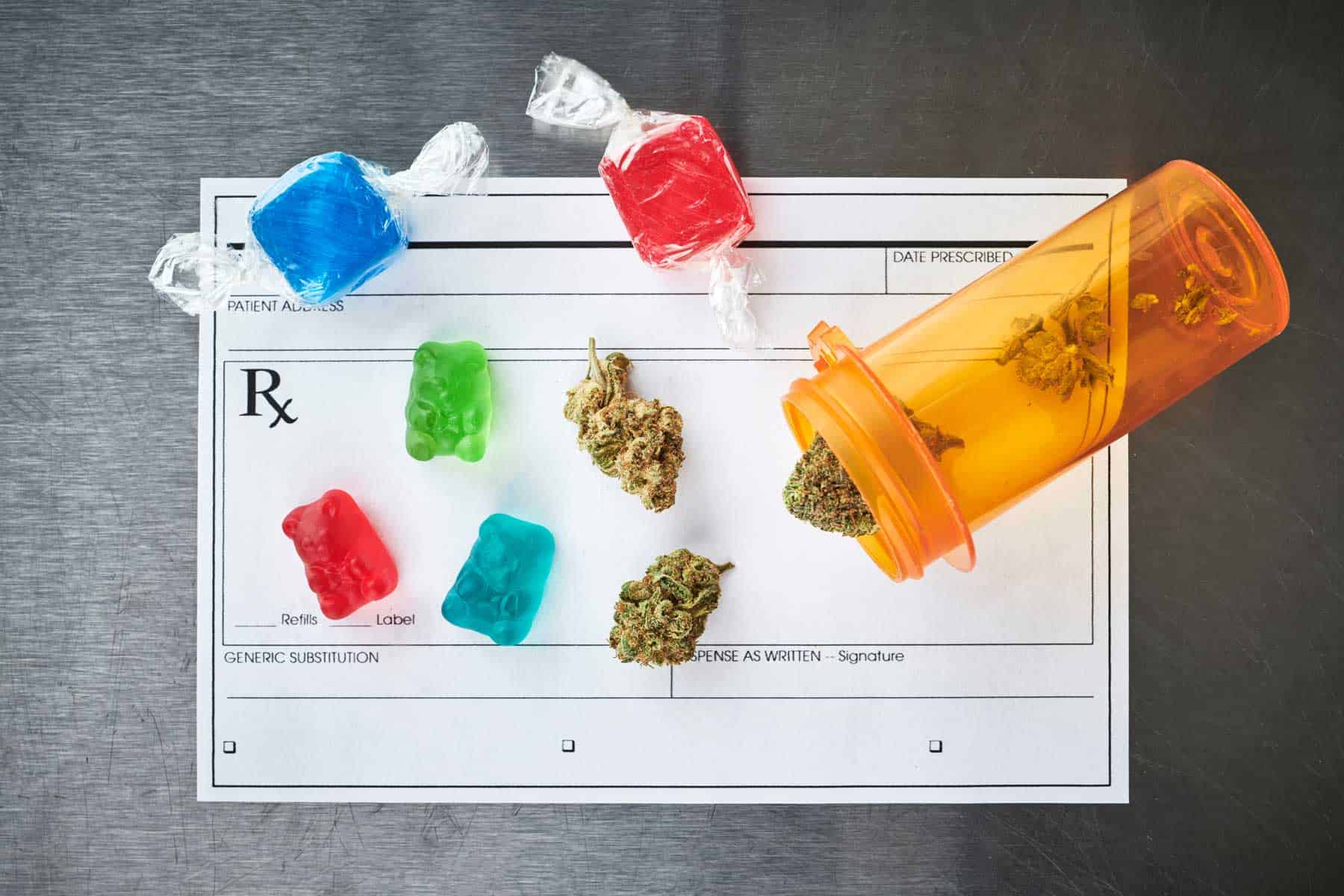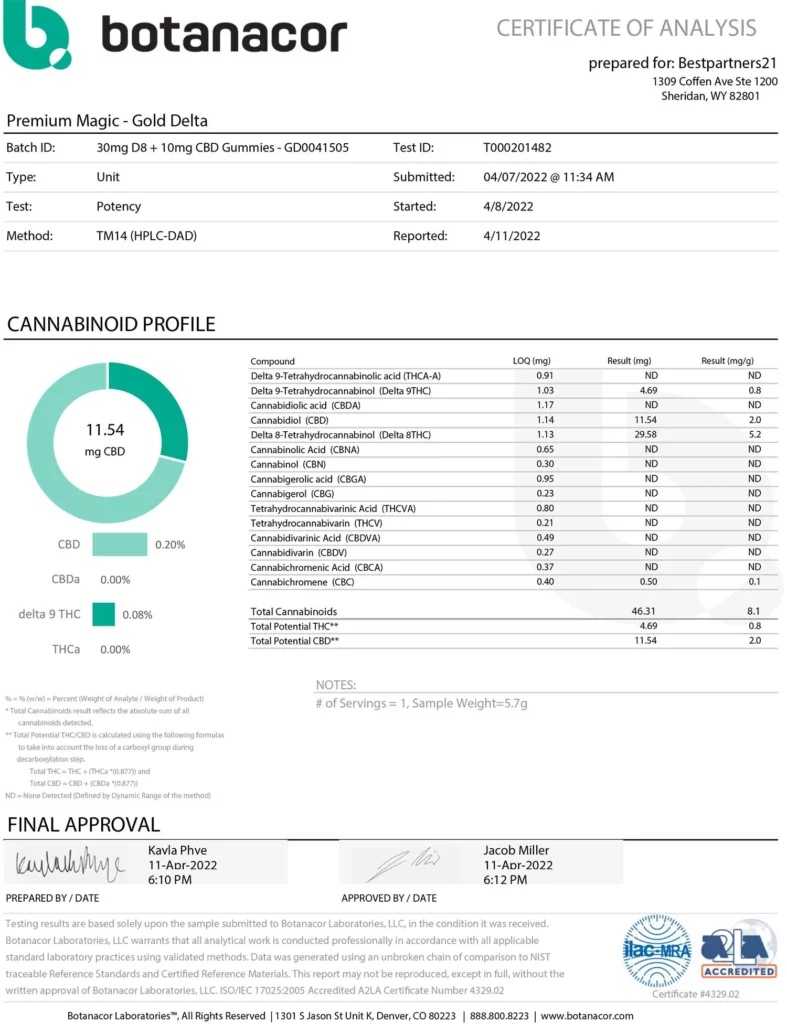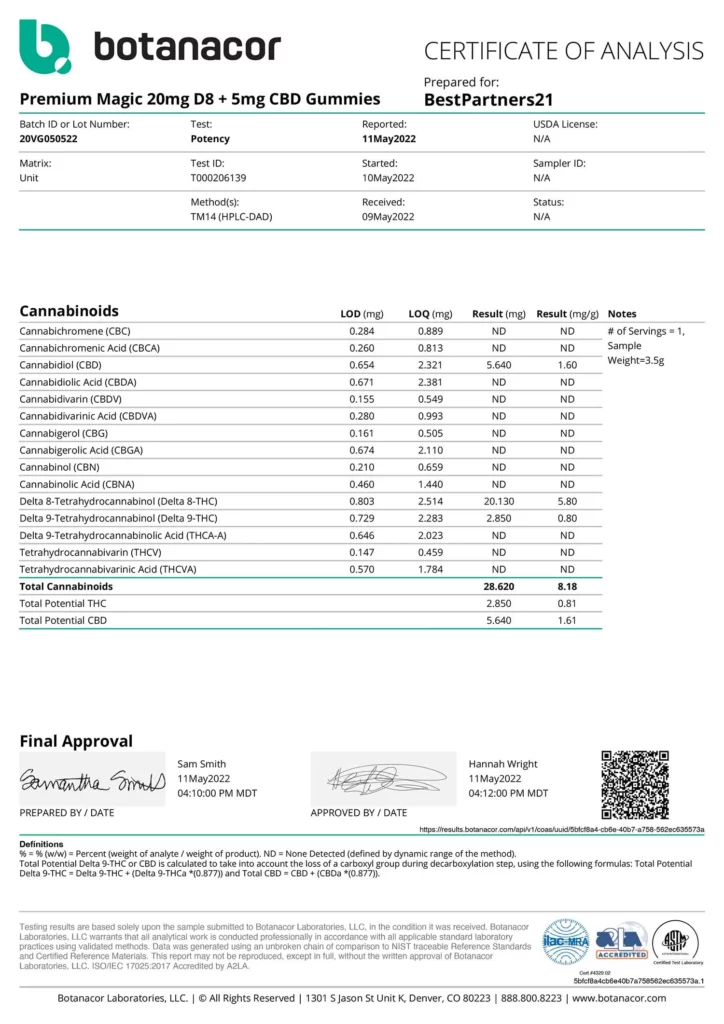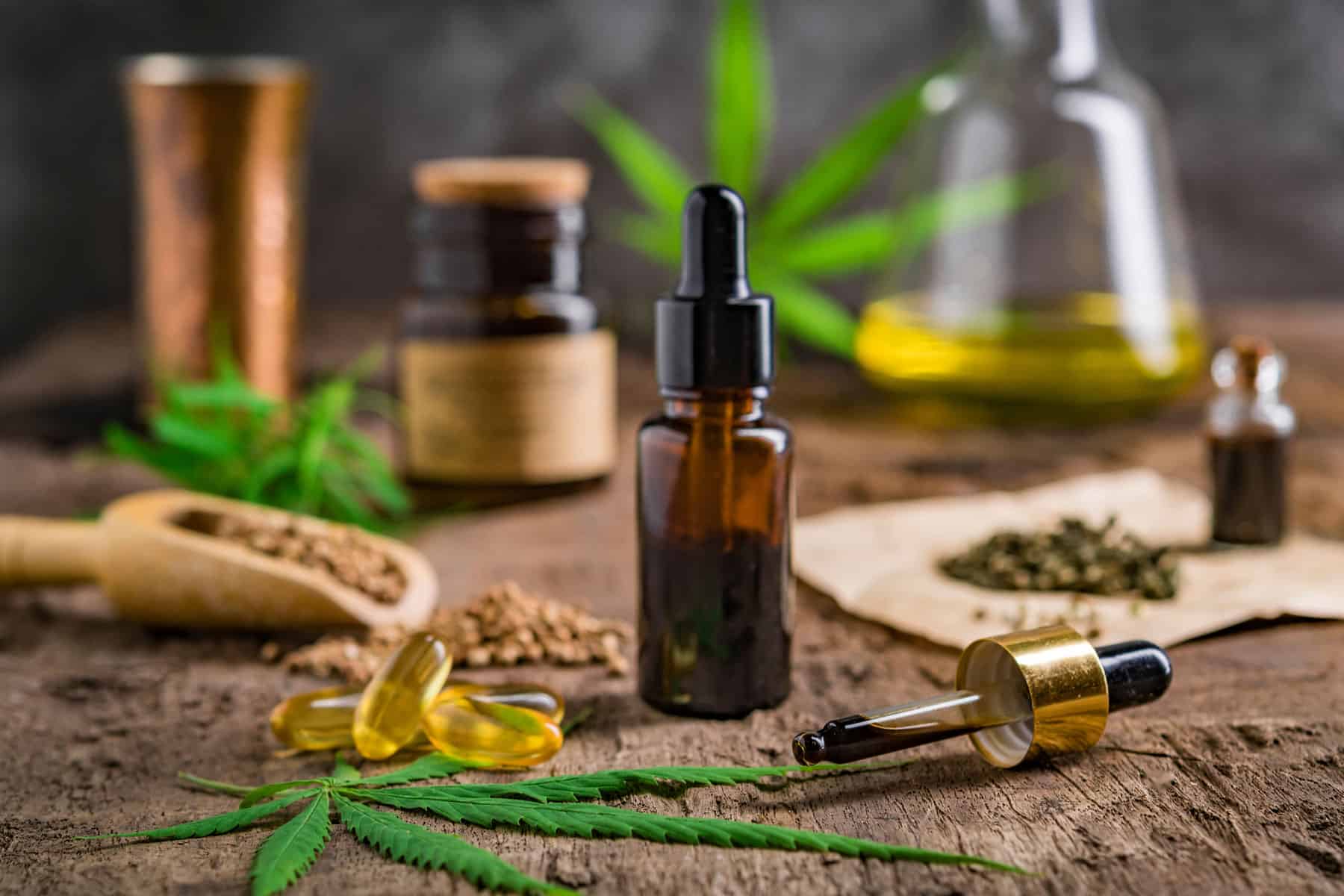
Delta-8 Production: A Comprehensive Guide to Manufacturing High-Quality Delta-8 Products

Delta-8 THC has gained popularity in recent years due to its similarity to Delta-9 THC, the psychoactive component of cannabis. Unlike Delta-9 THC, Delta-8 THC is legal in many states, which has led to increased interest in its delta-8 production and manufacturing.
In this comprehensive guide, we’ll explore the various delta-8 production methods, quality control and testing, Delta-8 THC products, potential health benefits and risks, marketing and distribution, and frequently asked questions about Delta-8 THC.
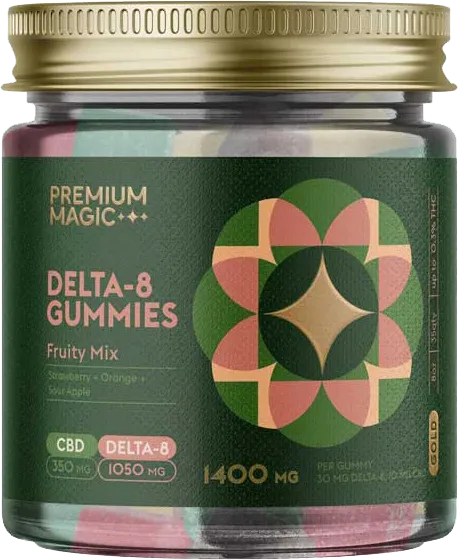
Delta-8 Gummies – Gold Fruity Mix
Original price was: $82.99.$38.99Current price is: $38.99.
Or Subscribe and Save 30%
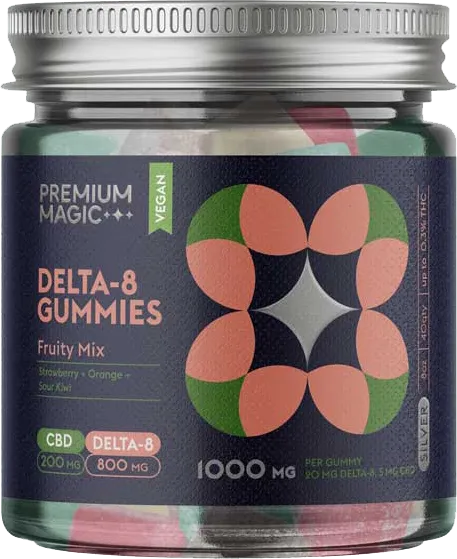
Silver Fruity Mix
Original price was: $68.99.$33.99Current price is: $33.99.
Or Subscribe and Save 30%
Delta-8 Production Chemistry
Delta-8 THC, or delta-8-tetrahydrocannabinol, is a naturally occurring cannabinoid found in cannabis plants. It is a structural analog of delta-9 THC, the more well-known cannabinoid responsible for the psychoactive effects of marijuana. Delta-8 THC differs from delta-9 THC by the placement of a double bond in its molecular structure, with the bond located on the 8th carbon rather than the 9th.
This small difference in structure gives delta-8 THC slightly different properties than delta-9 THC. Delta-8 THC is reported to have a milder psychoactive effect than delta-9 THC, meaning it may produce a less intense “high” when consumed. Additionally, delta-8 THC is believed to have some unique therapeutic properties, including potential anti-nausea and appetite-stimulating effects.
Chemically, delta-8 THC interacts with the endocannabinoid system in the body by binding to CB1 receptors in the brain and central nervous system. This interaction is what produces the compound’s psychoactive effects. Delta-8 THC is also known to have a high affinity for binding with other receptors in the body, such as those involved in pain perception and inflammation.
Overall, the chemistry of delta-8 THC is complex and still not fully understood. However, delta-8 THC is legal in many states, which has led to increased interest in delta-8 production and manufacturing.
How to make tetrahydrocannabinol for Delta-8 Production?
Tetrahydrocannabinol (THC) is a psychoactive cannabinoid that is naturally produced by the cannabis plant. It can also be synthesized artificially in a laboratory setting. However, the process of producing THC artificially can be complicated and requires specialized equipment and knowledge.
One method for synthesizing THC involves starting with a precursor molecule, such as olivetol or resorcinol. These molecules are chemically modified to produce THC through a series of steps that involve various reagents, catalysts, and solvents. The process typically involves several steps of chemical reactions, including condensation, cyclization, and reduction.
It is important to note that the delta-8 production of THC outside of licensed and regulated laboratories is illegal in most jurisdictions. In addition, the purity and safety of artificially synthesized THC can vary widely, and there is a risk of producing impure or unsafe products if proper precautions are not taken.
It is also worth noting that THC produced in a laboratory setting is chemically identical to the THC produced by the cannabis plant. However, natural cannabis products contain a variety of other cannabinoids and terpenes that can modulate the effects of THC and contribute to its overall effects. As a result, some people prefer natural cannabis products over synthetic THC.
Comparison of Delta 8 and CBD Manufacturing
While both Delta-8 THC and CBD are compounds derived from the cannabis plant, the manufacturing processes for these two compounds are quite different.
CBD manufacturing typically involves the use of either CO2 or ethanol extraction to isolate the compound from the plant material. The extracted CBD is then refined further to remove any unwanted compounds, such as THC, and formulated into a variety of different products, including tinctures, topicals, and edibles.
In contrast, the manufacturing of Delta-8 THC involves the conversion of CBD or other cannabinoids into Delta-8 THC using various methods, such as isomerization or extraction. Isomerization involves the conversion of one isomer of a compound into another isomer, in this case, the conversion of CBD into Delta-8 THC.
This process requires specialized equipment and knowledge and can be dangerous if not performed correctly. Extraction methods involve isolating Delta-8 THC from the cannabis plant material, which can also be dangerous and may result in impure products if proper safety precautions are not taken.
Overall, the manufacturing of Delta-8 THC is generally more complex and requires more specialized equipment and knowledge compared to CBD manufacturing.
Delta-8 Production Methods
There are several delta-8 production methods, including extraction from hemp or marijuana, synthesis, and isomerization.
Extraction from Hemp or Marijuana
Extraction is one of the most common methods of delta-8 production. The process involves extracting cannabinoids and other compounds from the hemp or marijuana plant. There are several different extraction methods, including CO2 extraction, ethanol extraction, and hydrocarbon extraction.
Each method has its own pros and cons, and the choice of method will depend on the specific needs of the manufacturer.
Synthesis
Synthesis is another method of delta-8 production. This involves the use of chemical reactions to create Delta-8 THC. There are several different synthetic processes, including the reaction of Delta-9 THC with a reducing agent, and the use of a Lewis acid to isomerize CBD into Delta-8 THC.
Synthetic delta-8 production methods can be more expensive and time-consuming than extraction methods, but they allow for greater control over the final product.
Isomerization
Isomerization is the process of converting one molecule into another molecule with the same chemical formula, but a different arrangement of atoms. Isomerization can be used to convert CBD into Delta-8 THC.
There are several different isomerization processes, including the use of acids or bases to catalyze the reaction. Isomerization is a relatively new method of delta-8 production, but it is becoming more popular due to its efficiency and relatively low cost.
Each production method has its own pros and cons, including cost, efficiency, and environmental impact. Consumers should be aware of the delta-8 production method used when purchasing Delta-8 THC products.
Quality Control and Testing
Quality control and testing are crucial for ensuring the safety and efficacy of Delta-8 THC products. There are several testing methods available, including high-performance liquid chromatography (HPLC) and gas chromatography-mass spectrometry (GC-MS). These methods can detect the presence of Delta-8 THC and other cannabinoids, as well as any potential contaminants or impurities.
Compliance with regulatory standards is also important. Delta-8 THC products should be manufactured and labeled in accordance with local and federal laws. Third-party testing and certification can provide an additional layer of quality assurance.
Best practices for quality control and testing include regular product testing, adherence to good manufacturing practices (GMPs), and transparency in labeling and marketing.
Delta-8 THC Products
Delta-8 THC products come in a variety of forms, including edibles, tinctures, vape cartridges, and topicals. Each product type has its own advantages and disadvantages, and consumers should consider factors such as potency, dosage, and delivery method when choosing a product.
Popular Delta-8 THC products on the market include gummies, tinctures, and vape cartridges. These products are often marketed as a more mellow alternative to Delta-9 THC products.
Factors to consider when choosing Delta-8 THC products include the source of the Delta-8 THC, the delta-8 production method, and the presence of any additional ingredients or contaminants.
Potential Health Benefits and Risks
Delta-8 THC has been touted as having potential health benefits, similar to Delta-9 THC. These benefits include pain relief, reduction of anxiety and depression, and stimulation of appetite. Some users also report feeling more relaxed and clear-headed when using Delta-8 THC.
However, like Delta-9 THC, Delta-8 THC may have potential risks and side effects. Common side effects include dry mouth, red eyes, and dizziness. Higher doses may cause more severe side effects such as anxiety, paranoia, and hallucinations.
Additionally, Delta-8 THC may cause impairment, and users should avoid driving or operating heavy machinery while under its influence. As with any cannabis-derived product, users should consult their doctor before use, especially if they have underlying health conditions.
Legal and ethical considerations surrounding Delta-8 THC are still evolving, and users should ensure they are complying with local and federal laws. Some states have banned Delta-8 THC, while others have allowed it to be sold as long as it meets certain regulatory requirements.
Marketing and Distribution
Marketing and distribution of Delta-8 THC products are still in their infancy. Many companies are still trying to establish themselves in the market, and regulatory considerations have made it challenging to advertise and distribute products.
To ensure legal compliance, companies should ensure they are following local and federal laws regarding advertising and distribution. They should also ensure they are meeting regulatory requirements and following best practices for quality control and testing.
Conclusion
Producing Delta-8 THC is a complex process that requires careful consideration of various factors, including delta-8 production methods, quality control and testing, product types, potential benefits and risks, marketing and distribution, and regulatory compliance.
By following best practices and focusing on quality and safety, Delta-8 THC manufacturers can provide high-quality products to consumers while contributing to the growth of the Delta-8 THC industry.
Delta-8 THC is legal in many states, but the legal status may vary depending on the state and the source of the Delta-8 THC.
Delta-8 THC is structurally similar to Delta-9 THC, but has a slightly different chemical structure. The effects of Delta-8 THC are generally considered to be milder than those of Delta-9 THC.
Delta-8 THC has been found to have several potential health benefits, including pain relief, anxiety reduction, and anti-inflammatory effects.
There are several different types of Delta-8 THC products, including edibles, tinctures, vape cartridges, and topicals.
To ensure the quality of Delta-8 THC products, users should look for third-party lab testing, read customer reviews, and only buy products from reputable companies.
Marketing and distribution of Delta-8 THC products are still in their infancy, and companies should ensure they are complying with local and federal laws regarding advertising and distribution.
